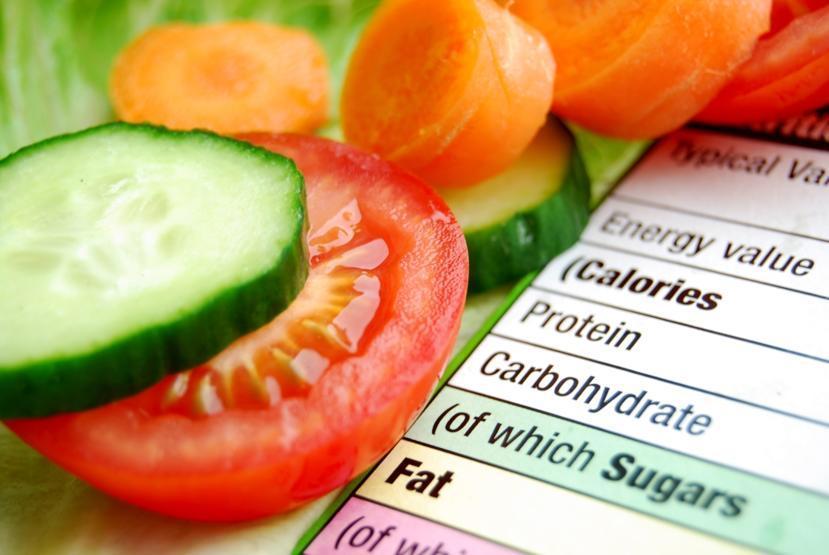Can Certain Diets Help Prevent Osteoporosis?

Osteoporosis is a silent disease affecting those above the age of 55-years-old, leading to fragile bones and increasing the chances of wrist, hip, and other bone fractures. Time and again experts have reported that diet and osteoporosis have a close connection. Getting the right nutrients in the right proportion is the key to controlling this disease.
Two important nutrients that will help in developing strong bones and fight this disease are calcium and vitamin D. Calcium helps build stronger bones while vitamin D is essential for the absorption of calcium. Vitamin D is very important in that even if you have adequate calcium, it won’t be absorbed into the blood. On the other hand, if enough vitamin D is there but calcium is deficient in the diet, it may not help. Therefore, both the nutrients are equally essential for preventing osteoporosis. The best bet is to get these nutrients from diet rather than depending on supplements. Diet is a more complete source of nutrients when compared to supplements. Moreover, it is a more reliable source as many forget to take the supplements every day.
Some good sources of these nutrients include:
- Milk and other dairy products – They are rich in calcium and also other key nutrients like phosphorous and protein. Try milk fortified with vitamin D too.
- Calcium and vitamin D-fortified products like orange juice and cereals
- Green leafy vegetables including kale, broccoli and spinach
- Seafood, like oysters, blue carp and shrimp
- Salmon, tuna, and sardines are rich in vitamin D
If the amount of nutrients obtained from diet is not adequate, supplements may become essential to ward off osteoporosis. Calcium citrate and calcium carbonate are two forms of supplements available for calcium enrichment. Some supplements have a dose of vitamin D also which is an added advantage.
Some of the foods that you should avoid in osteoporosis are:
- Too much salt in food – as this may lead to calcium loss from bones making it weak
- Soft drinks and carbonated drinks containing phosphoric acid – these increase the calcium excretion through urine
- Too much caffeine – caffeine is known to take calcium from bones leading to their weakening
- Soy products, like edamame, tofu, and tempeh – they contain plant compounds that hinder absorption of calcium.












